- +91-11-4044-5999
- info@cdri.world
-
Copernicus Marg, New Delhi, INDIA
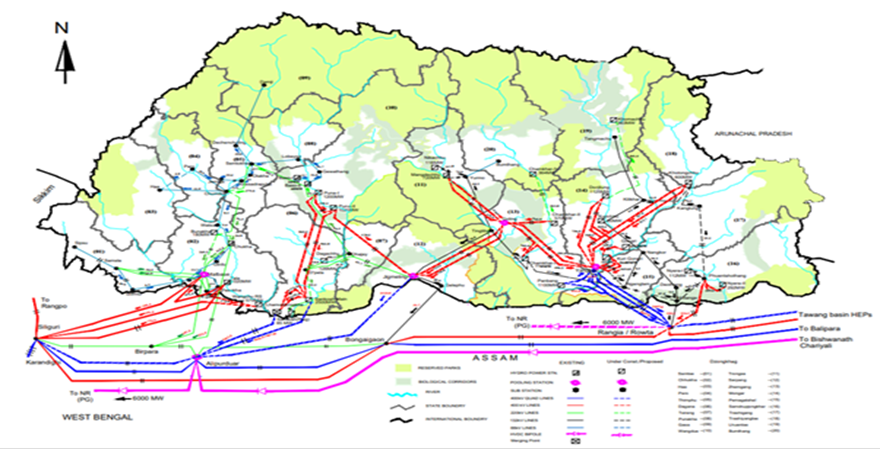
Hazard assessment and hazard mapping of Bhutan's power system infrastructure
Mr Cheku Dorji, Mr Namgay Tenzin, Mr Nima Dukpa
College of Science and Technology, Royal University of Bhutan
Mr Sangay Wangdi
Bhutan Power Corporation
Abstract: Human endeavours are subject to risks due to unforeseen uncertainties and hazards posed by natural forces, ecosystems and various human and technological hazards. Therefore, effective risk assessment and management are crucial components of any undertaking. This investigative research attempted to assess the impact of climate change on the power infrastructure and networks of the Bhutan Power Corporation, identifying probable hazards and suggesting a framework for risk management through careful planning, preparedness, prevention and mitigation. The methods employed in this research were both qualitative and quantitative and were carried out in phases, each of which built upon findings from precedents.
The first phase involved understanding the historical and current status of the power system infrastructure, networks and operations to establish a foundation for investigative questions. In the second phase, the probing questions generated from the first phase were used to assess risks and potential impacts of hazards in relation to the past and present management processes of the power system. The third phase emphasized evaluating the hazards to Bhutan’s power system by using a hazard probability matrix.
The major outcomes of the analysis were: (i) climatic variables, particularly temperature and precipitation, pose potential risks to the power system infrastructure through lightning, flash floods, landslides and windstorms; (ii) Bhutan Power Corporation requires well-defined policy and coherent procedures regarding the operation and maintenance of power systems, which can effectively address hazards and implement prevention and mitigation techniques; (iii) infrastructure such as power stations, transmission lines, towers and substations are vulnerable due to ageing and climate change-exacerbated hazards; (iv) plans and resources are not optimally integrated in the operation and management of the power system; and (v) hazards related to climate change need to be considered to improve the reliability and sustainability of electricity supply.
Ultimately, this research emphasizes the need to develop comprehensive risk management strategies to combat the challenges posed by climate change, upgrade the resilience of power infrastructure, and ensure a reliable and sustainable electricity supply.
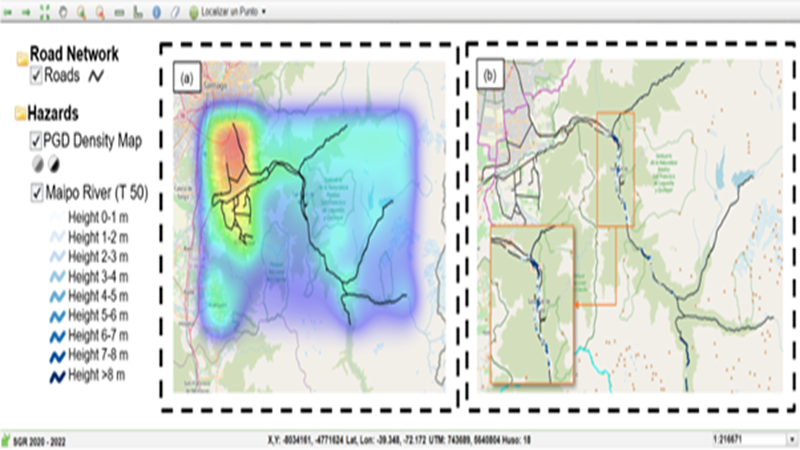
 in floating community space (fls) in the peruvian amazon.jpg)
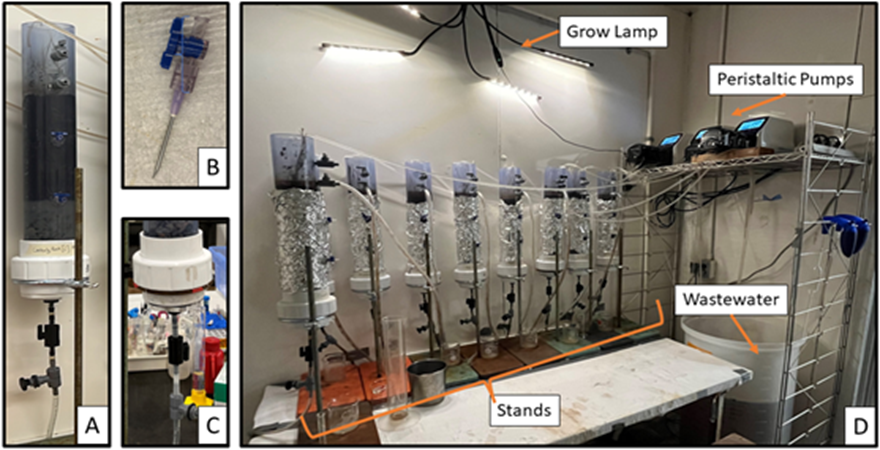
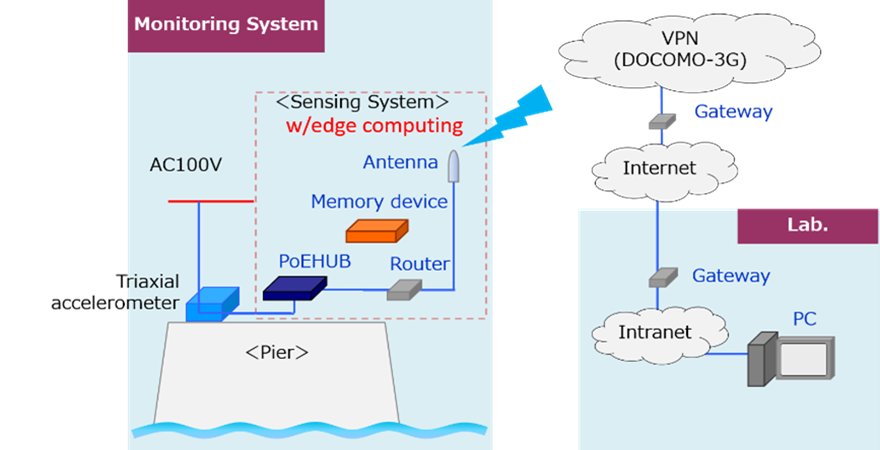


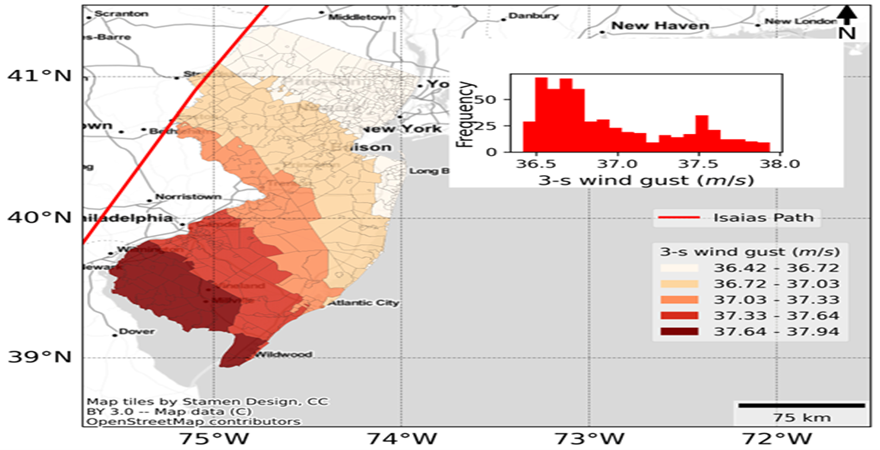
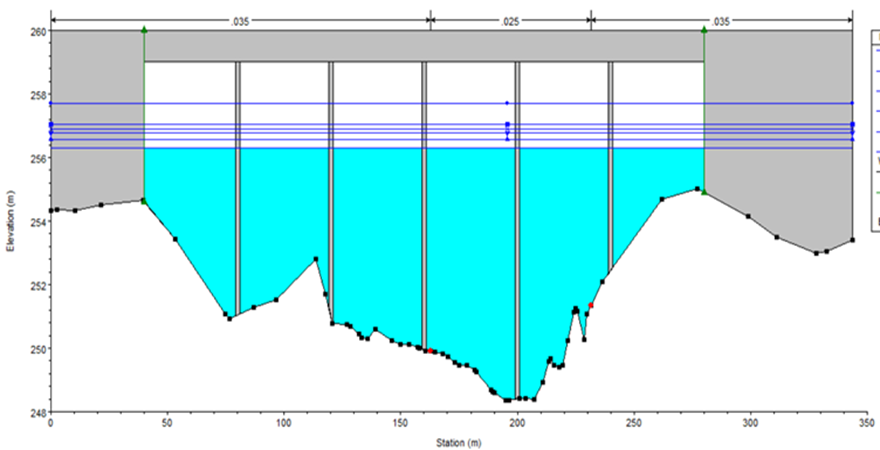
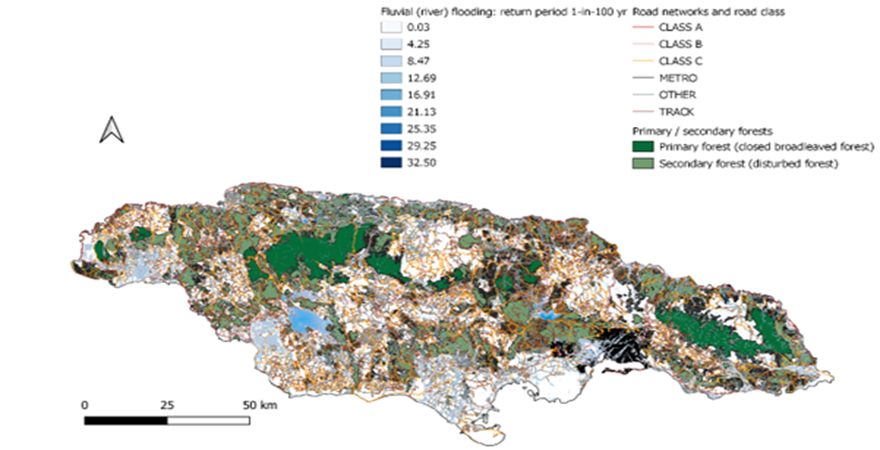
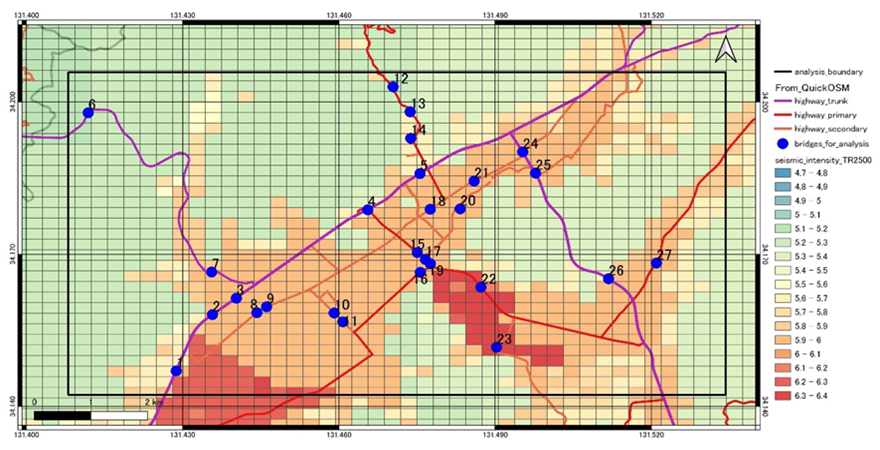
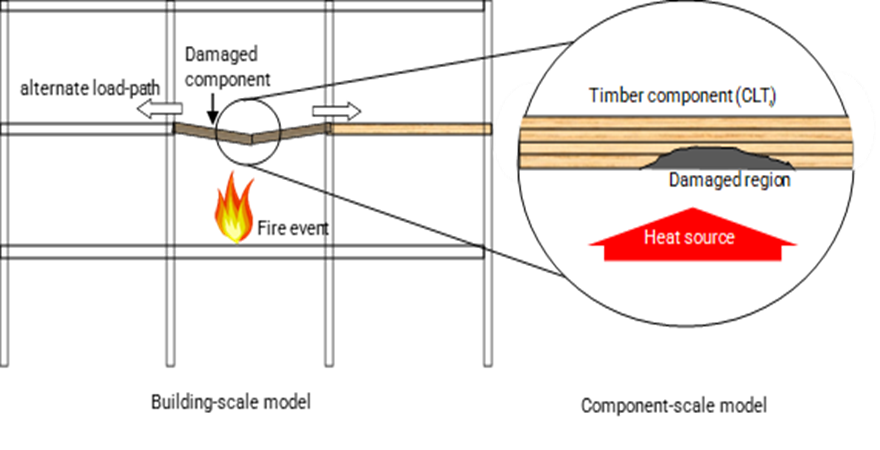
 for infrastructures based on disaster.png)
